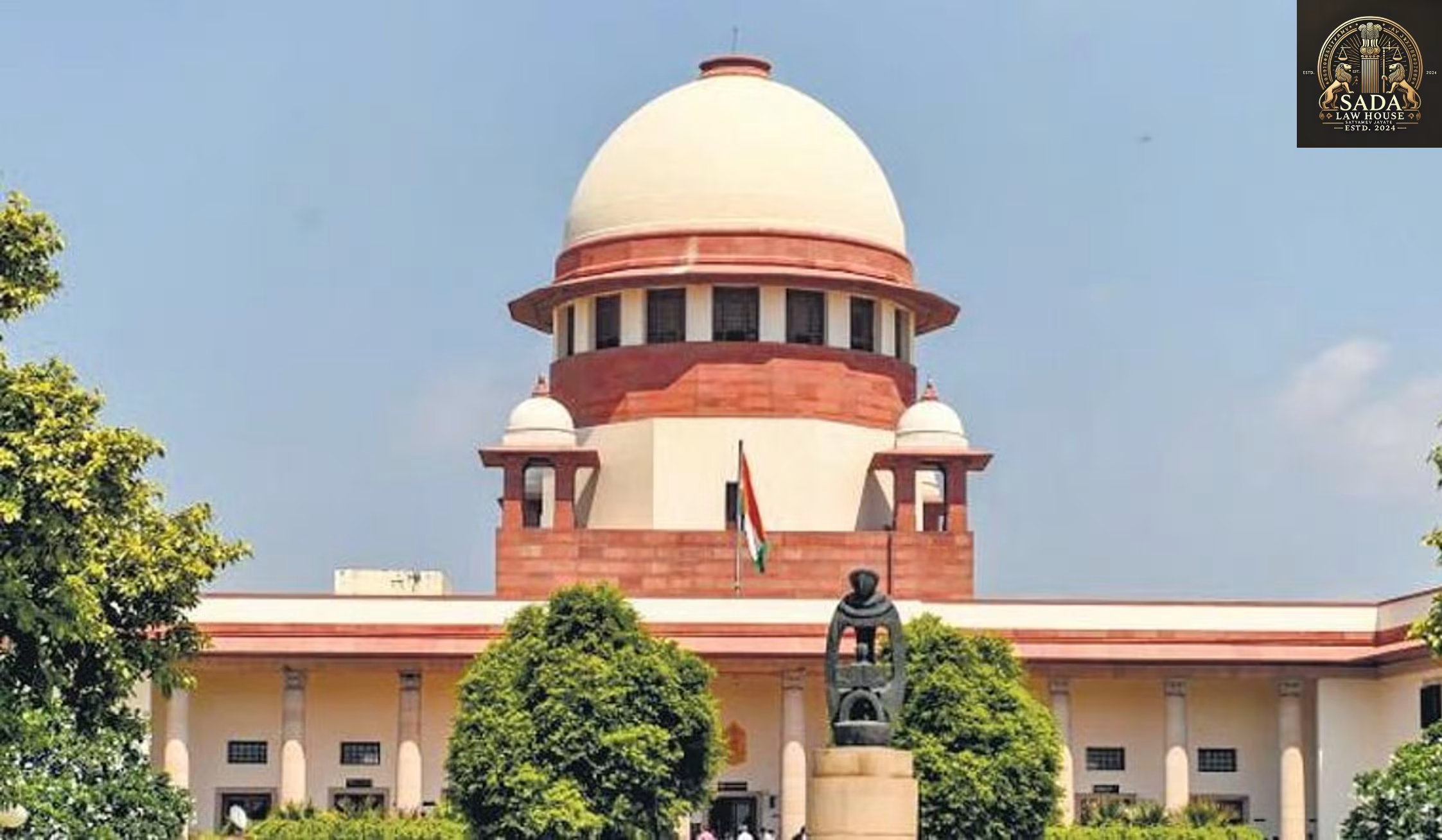Supreme Court Questions Centre on Surrogacy Rules 2023: Challenge Highlights Reproductive Rights and Constitutional Concerns
- KASHISH JAHAN
- 16 June 2025

The Supreme Court of India has sought a response from the Centre on a plea challenging the Surrogacy (Regulation) Amendment Rules, 2023. The case raises key concerns on reproductive rights, constitutional validity, and access to assisted reproductive technologies in India.
Supreme Court Seeks Centre’s Response on Surrogacy Rules 2023
The Supreme Court of India has issued a notice to the Union Government on a petition that challenges the constitutional validity of the Surrogacy (Regulation) Amendment Rules, 2023. Filed by concerned individuals and medical professionals, the plea argues that the amended rules unfairly limit access to surrogacy services—especially for single women and those who require donor gametes.
This legal battle touches on significant issues of reproductive autonomy and questions the degree of state control over assisted reproductive technology (ART) in India.
Constitutional Rights and Allegations of Discrimination
The petitioners contend that the new rules violate Article 14 and Article 21 of the Indian Constitution by enforcing arbitrary and discriminatory classifications. They argue that the restrictions disproportionately affect women seeking medical aid for infertility and infringe upon their rights to personal liberty and privacy.
The Centre is expected to submit its formal response in the coming weeks. Following this, the Supreme Court may frame key constitutional questions for further deliberation.
Impact on Surrogacy Practices and the Medical Community
This landmark case has spotlighted the conflict between legislative regulation and the rights of individuals to make autonomous reproductive choices. Many in the medical community fear that the amendment could push marginalized women towards unsafe and unregulated surrogacy arrangements.
Healthcare experts emphasize the need for inclusive laws that protect vulnerable women while respecting individual choice and medical necessity. The ruling in this case is expected to significantly influence the future of surrogacy laws in India.
A Crucial Juncture for Reproductive Rights in India
The outcome of this case could set important legal precedents, either validating regulatory control or strengthening constitutional guarantees to reproductive freedom. As proceedings unfold, legal analysts and human rights advocates are closely watching the court’s stance on whether reproductive rights are intrinsic to the right to life and liberty under Article 21.
Stay tuned as this case may reshape the legal landscape of surrogacy and reproductive autonomy in India.






